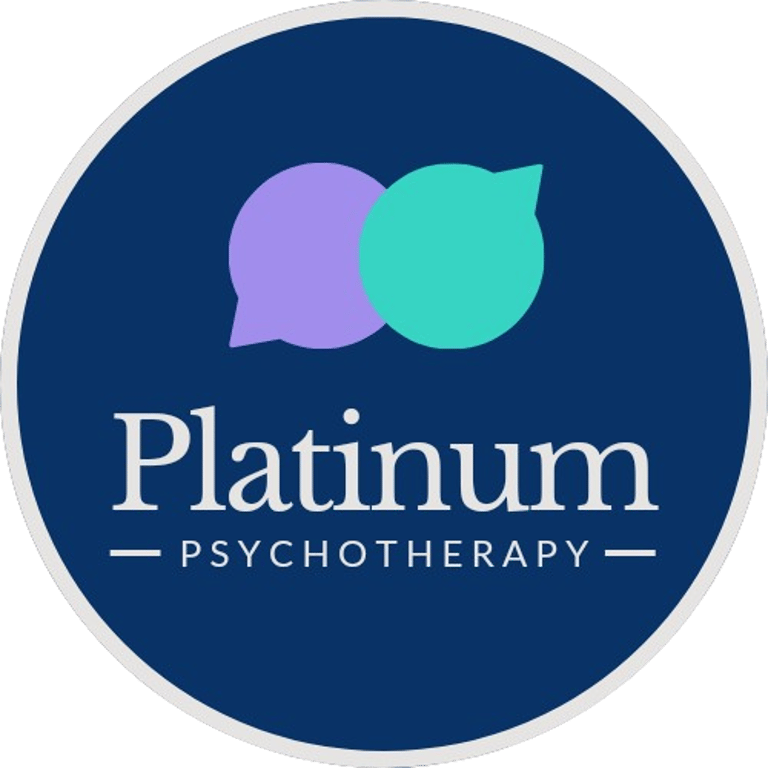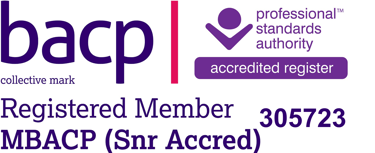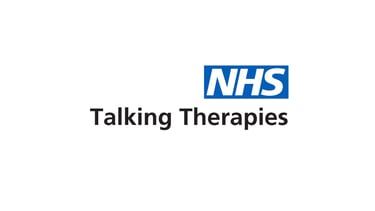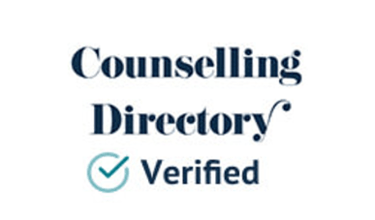Therapy Through the Generations
How Different Ages Perceive Mental Health Support


Therapy Through the Generations: How Different Ages Perceive Mental Health Support
At Platinum Psychotherapy, I welcome clients from all walks of life — and that includes all ages too. Whether you're a Baby Boomer, a Gen Z’er, or somewhere in between, your relationship with therapy is likely shaped by the culture you grew up in.
Understanding how different generations view mental health support can help us break down barriers and build bridges of empathy — with ourselves and others. Let’s take a gentle look at the common patterns that tend to crop up across the generations when it comes to therapy.
Baby Boomers (born 1946–1964): Therapy as a Last Resort?
Many clients in this age group were raised during a time when therapy wasn’t openly discussed, and emotional struggles were often met with a "stiff upper lip." Mental health was rarely talked about — and when it was, it often carried heavy stigma.
That said, many Baby Boomers today are turning to therapy for support through retirement, grief, life transitions, and caring for others. Once they’ve stepped through the therapy room door, many describe it as a breath of fresh air — a space to finally speak freely.
I can offer reassurance, clear boundaries, and a warm, respectful approach to help you feel safe and supported.
Generation X (born 1965–1980): The Sandwich Generation
Gen Xers often find themselves caring for both their children and ageing parents — while juggling demanding careers. They grew up during a time of increasing awareness around mental health, but may still carry a sense that they need to "handle it themselves."
Therapy can be a space for Gen X clients to pause, reflect, and focus on their own needs. Many are also beginning to explore deeper emotional work — healing past wounds, exploring identity, and letting go of old patterns.
I can support and help to validate your sense of responsibility while encouraging space for self-care.
Millennials (born 1981–1996): Open to Therapy, But Struggling with Burnout
Millennials often speak the language of therapy fluently — and many are passionate about personal growth. This generation helped normalise mental health conversations, especially online. However, they’re also dealing with rising levels of stress, financial pressure, and burnout.
Millennials may feel overwhelmed by the pace of modern life, and therapy can be a welcome refuge. They often appreciate a collaborative approach, where insight, curiosity and humour are all welcome.
As a millennial myself, I can combine practical tools with space for deeper exploration. Flexibility and transparency around boundaries, expectations, and scheduling is also key for me and my clients.
Generation Z (born 1997–2012): Mental Health First
Gen Z is one of the most therapy-positive generations yet. Mental health is openly talked about on social media, and many young adults and teens actively seek support early on. There’s often a strong understanding of neurodivergence, gender identity, and trauma-informed care too.
That said, therapy can still feel daunting — especially when life is fast-moving and self-worth can feel tied to digital validation. Gen Z clients often benefit from a therapist who gets the cultural context they’re growing up in.
A lot of my work has been with this age group - and they have appreciated my relaxed, down-to-earth style, combined with genuine curiosity and cultural awareness. Creating space for safety and trust.
It’s Never Too Late — Or Too Early — for Therapy
No matter what generation you’re part of, your story is valid. Therapy offers a space to reflect, explore, and reconnect with what matters most to you — at any age. I aim to meet you right where you are, with warmth, compassion and curiosity.
Whether you’re navigating life transitions, burnout, grief, identity, or simply looking to understand yourself more deeply, you’re welcome here.
If you’re ready to take that first step — or just dip a toe in the water — I’d love to hear from you.
Therapy isn’t just for one kind of person — it’s for anyone who wants to live a fuller, more connected life.








